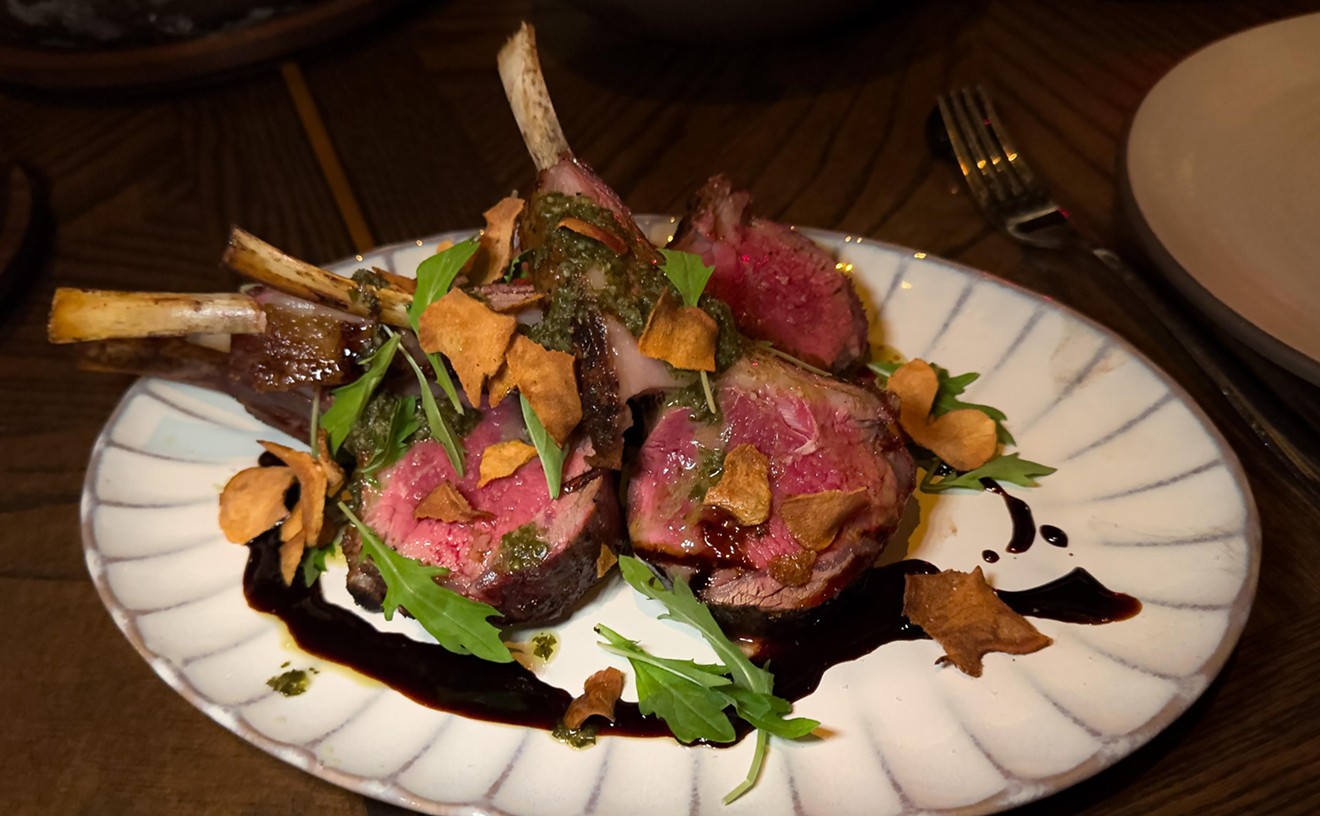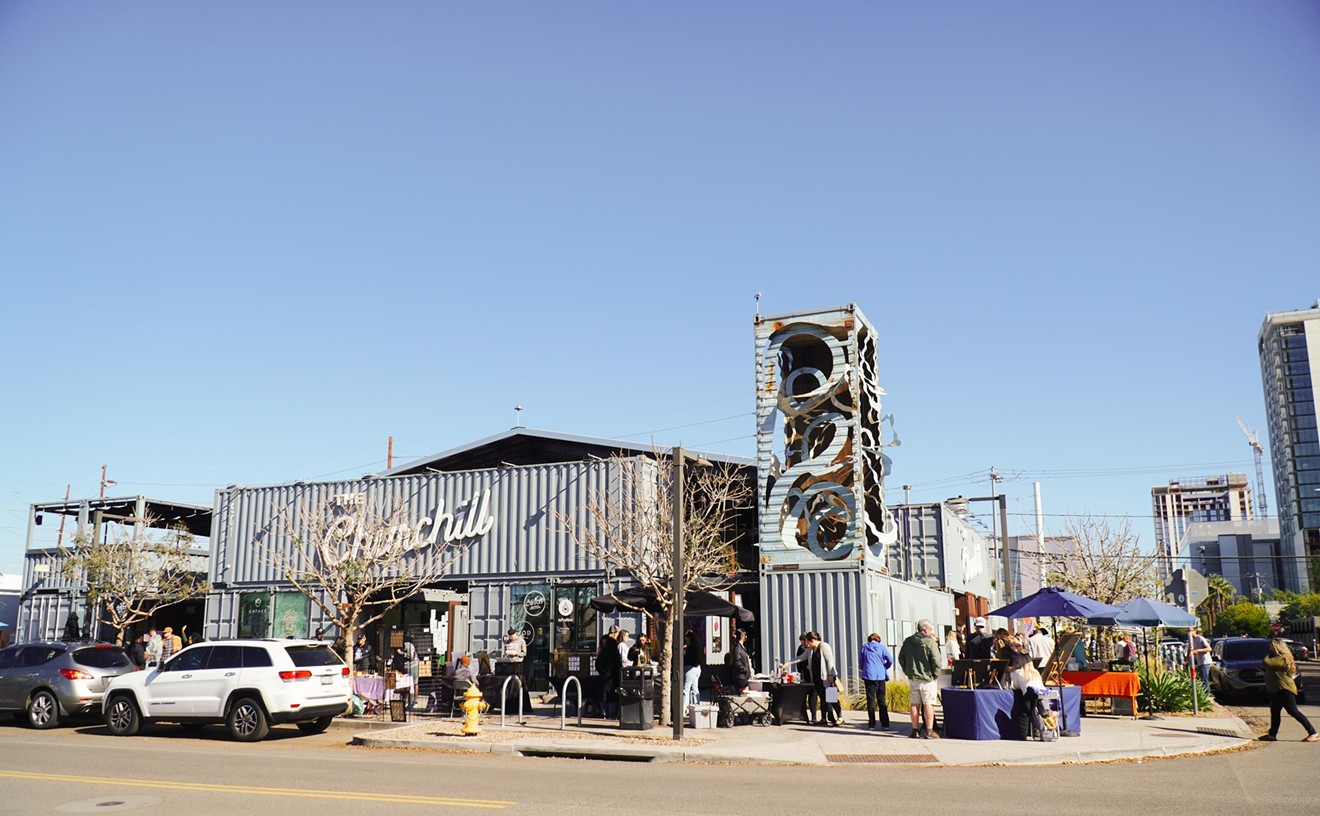• "Salmon pipes" are logs of precooked, processed and pressed fish bits to be served in hot dog buns at discriminating sports venues across the country. Imagine a sickly pink wiener tasting vaguely of seafood Styrofoam.
• Takitos are cinnamon-spiced, taco-shaped cookies that bring a Mexican bent to the traditional fortune cookie. But more than just a snack, the desserts bridge the gap between English and Hispanic cultures, creator Sid Martinez says. Each treat includes a phrase in English, then translated into Spanish, and will teach people a new language, he insists. He wants them to be part of America's school programs.
Perhaps. Although Chinese fortune cookies have been printing English-Asian phrase translations for years, and I don't know of anyone who has learned Mandarin at a wok shop.
Further, it's hardly reassuring that Takitos take some interesting twists with the language -- my cookie tells me "you will have many friends" -- translated as "tendrás munchos amigos." All the pals I can eat, I guess.
• A Japanese company has introduced machines that will revolutionize the labor-intensive sushi-making process. After steaming rice in the traditional manner, restaurateurs dump it into a machine to mix it with vinegar ($13,500). Then they drop it into another machine to flatten the rice into "mats" ($13,000). Then they layer (by hand) hand-trimmed pieces of seaweed and fillings like artificial crab. Another machine rolls it together ($21,000). The rolls are transferred, finally, to a manually operated cutter and sliced into the typical serving of six sushi pieces ($3,700).
That's efficiency, and then some. The demonstration at the show took the efforts of three people (not including prep work like cutting fish, veggies, or steaming rice), and about five minutes to produce one California roll. All at a cost of $51,200, not including ingredients, labor or machine maintenance.
Breaking the Chain: Chris Harter, owner of Scottsdale's Coyote Grill, has signed a deal to open CABO Seafood de Mexico at Frank Lloyd Wright Boulevard and Scottsdale Road, just down the street from his Grill. The huge (11,300 square feet) restaurant will include expansive patios, water features, a fresh-fruit margarita bar and, of course, fresh seafood with a Mexican flair. CABO is scheduled to debut in December.










